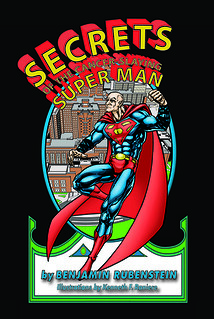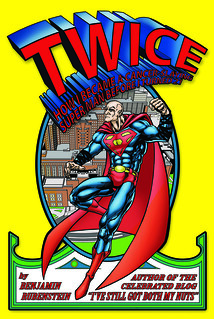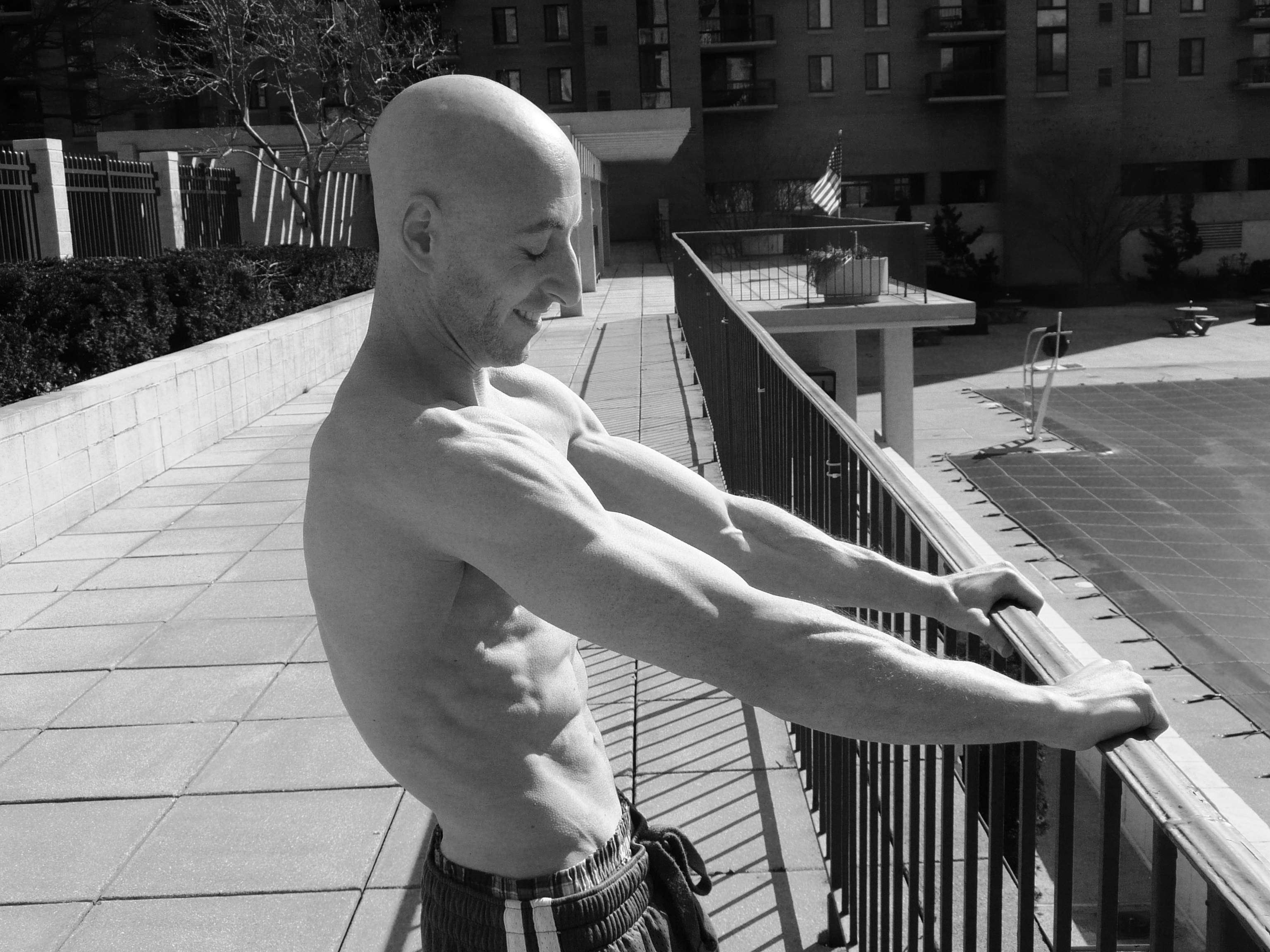Read this first: I Hope My Friends Forgive Me: What It’s Like to Fundraise
In less than 20 minutes at the rehearsal for candidates before the Man & Woman of the Year Grand Finale Gala, I broke protocol and walked onstage to meet myself.
At my next gala I look forward to sporting my super fly tux (which arrived a week after the Grand Finale Gala). Super pretty girls love galas.
When I had left my apartment for the Gala after failing to find my bowtie, I was content with my fundraising efforts. Perhaps the only other times in my life I’ve tried so hard to achieve something involved cancer, a girl, cancer and PlayStation 2. There was nothing else I could have done to raise $50,000 and I was simply going to have fun.
The Leukemia & Lymphoma Society knows how to put on a production. It packed about 750 people into The Ritz-Carlton, Washington D.C. to support me and my fellow candidates, and to spend money. One of the auction items was getting your caricature on the wall at Palm Restaurant – Tyson’s Corner, which had an estimated value of $15,000.
The auction ended and we entered the ballroom for dinner and the program consisting of videos with Dexter and the Boy & Girl of the Year, speeches, and candidate introductions. I headed backstage before mine. I watched the small backstage monitor as the interview I had recorded in March played in the ballroom: pictures throughout my life interspersed with me sharing my dual cancer story, why I chose to fundraise, and to whom I dedicated the campaign.
My smile grew wider as the three-minute video progressed. The emcee announced my name and I reminded myself to remember this sliver of time when I felt like the king of the world, when I was just one of two candidates who had survived cancer, one of which was the very disease I was raising money to fight and the other a cancer that caused me to walk funny in front of 750 people. I walk proudly.
The candidates returned to our seats. I had set a lofty $110,000 goal for our campaign and the cards didn’t fall right. I knew I wasn’t going to win Man of the Year, won by the male candidate who raised the most money, but I had a chance to win one of the three awards. Any candidate could apply by answering short essay questions. Former candidates narrowed the awards down to three candidates, and then current candidates voted for the winners. I applied and made the final round for the Mission Citizenship and Community Involvement Awards.
The Mission Citizenship Award was earned for “exemplary commitment to the mission of LLS throughout the campaign.” I've been committed for a long time. My first visit to a children’s hospital in 2010 was one of my best experiences. I showed young patients that they can become cancer survivors and then they can become thrivers. They taught me to maintain perspective no matter the pace of life or struggles resulting from privilege. I hope I have something special to offer this unique group of people. I will continue sharing my story and trying to inspire people to reach goals and live better, healthier lives for as long as anyone will listen.
I still did not think that I would win. And then the emcee said, “…I read about this cancer-slayer…”
A smile erupted on my face. “It’s me!” I said to those at my table, as if they didn’t already know.
The presenter finished: “The Mission Citizenship Award goes to the cancer-slayer himself, Ben Rubenstein!” I embraced my family and headed to the stage to accept my award.
Weeks earlier my friend and former candidate, Sweet McG, shared the story of her bookshelf collapsing and every item breaking except for the Mission Citizenship Award she had won in 2010. That award was one of her most meaningful possessions, culmination of her decade of volunteering for LLS following her brother’s passing due to leukemia. Sweet McG and I are committed to this mission for life. In fact, I will continue donating 20% of the sale of my new book to LLS until its official publication this fall.
And now the Mission Citizenship Award is one of my most meaningful possessions.
The Man of the Year raised over $350,000 in part due to wonderful support from his employer, Cisco Systems. The Woman of the Year raised over $250,000, also with incredible support from her company, Ted Britt Ford. As a group of 20 candidates, we smashed the previous $1.1 million record for the National Capital Area by 47%, raising $1.62 million. This Man & Woman of the Year fundraiser has been accelerating in momentum and I expect our record will fall within the next few years. But it feels very special to be part of that.
By the end of the Gala, my CancerSlayer fundraising team raised $48,900, but we finished our mission days later and reached $50,000. We will be linked to a cancer research portfolio of our choosing. Options include pediatric blood cancers and stem cell transplantation, among others. Our team will decide within the next few days.
This fundraiser has been a second job for me. It has led to me feeling poorly about myself and frustration with others. It has also led to closer bonds with friends, family and future family. And now that this incredibly rewarding, top-10 life event is over, I have time to live again. What now? Ladies, I’m ready for your gala invitations. Leia Mais…
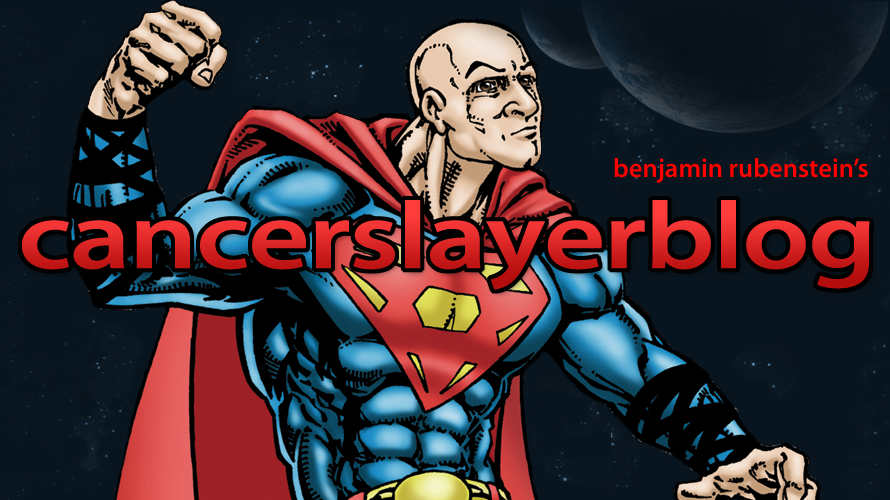

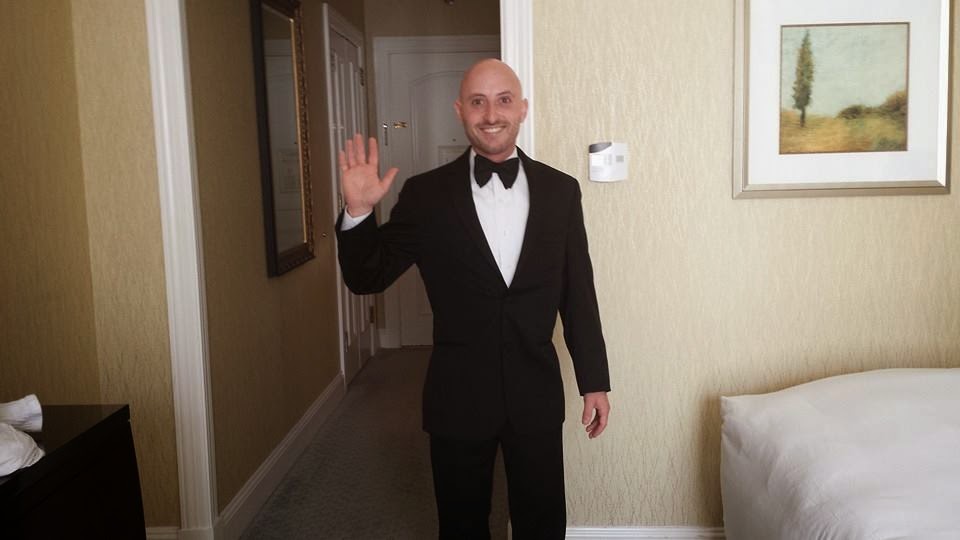
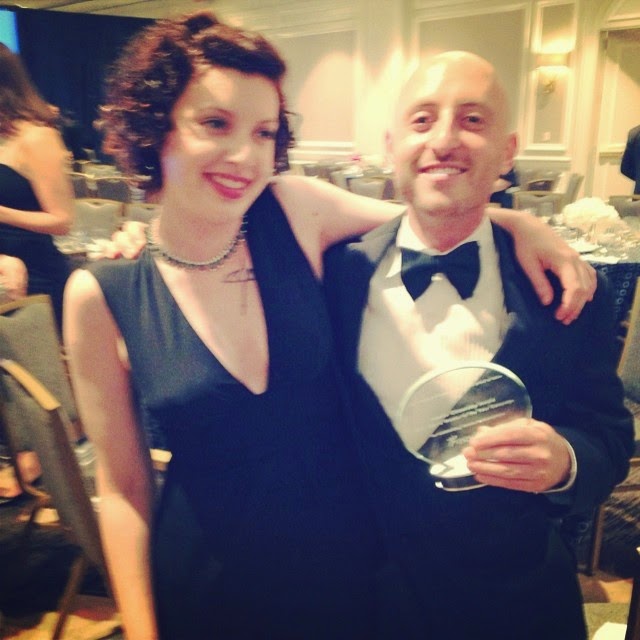
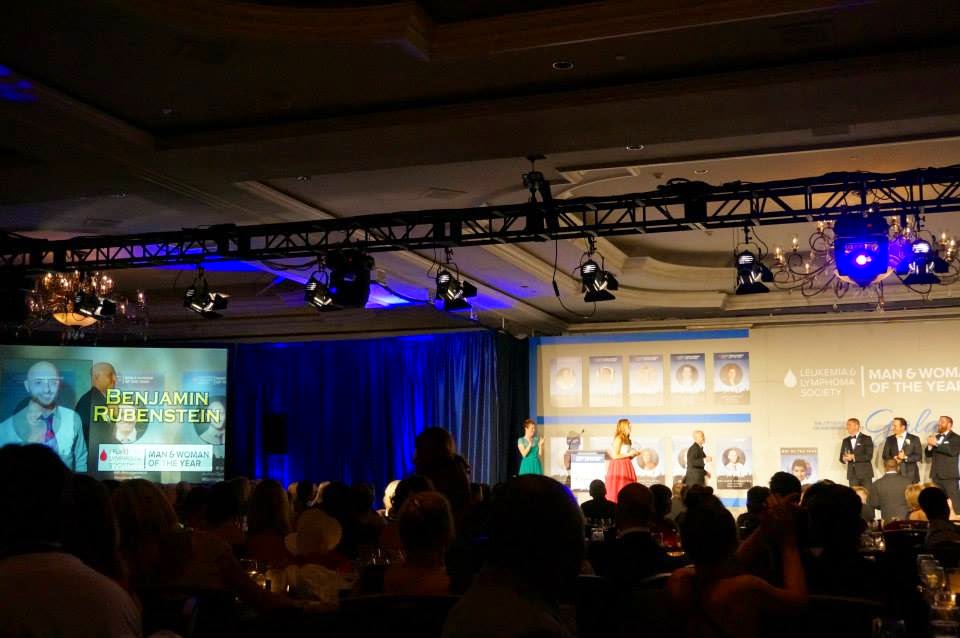

.jpg)


